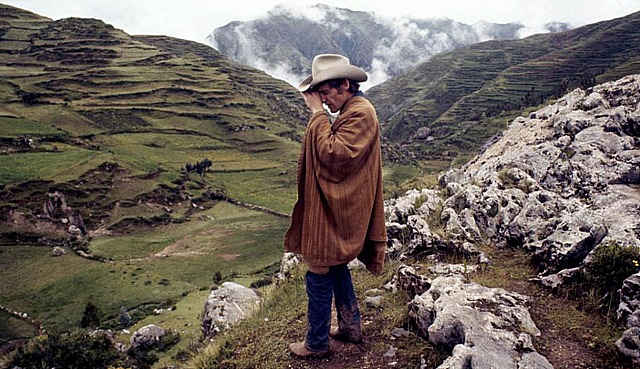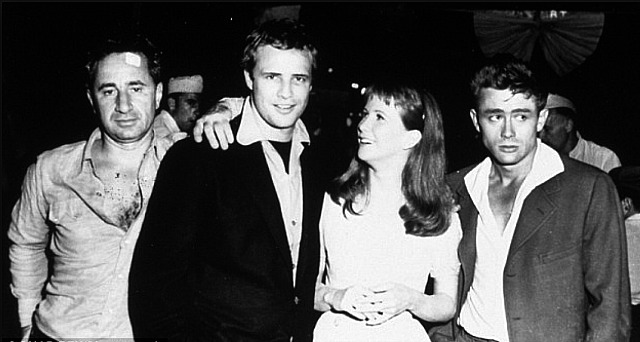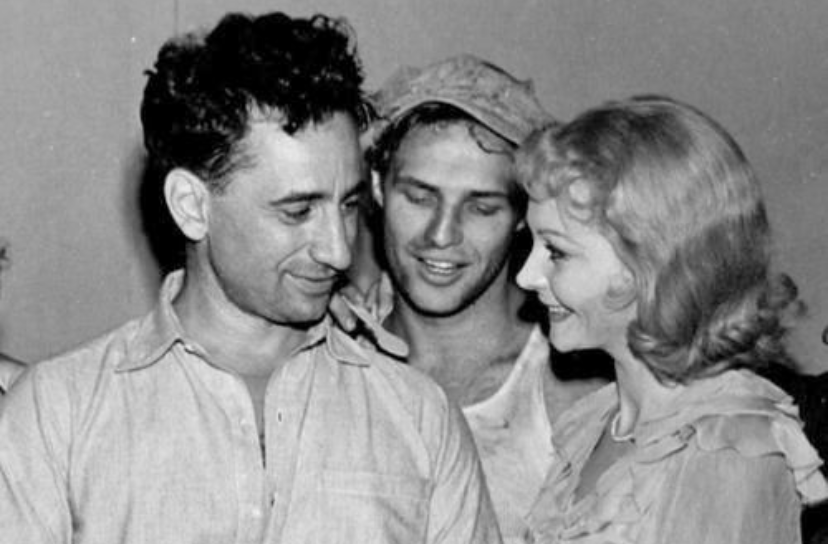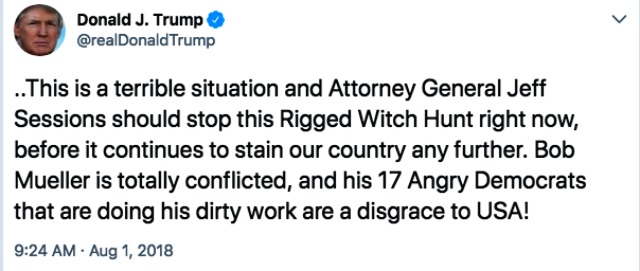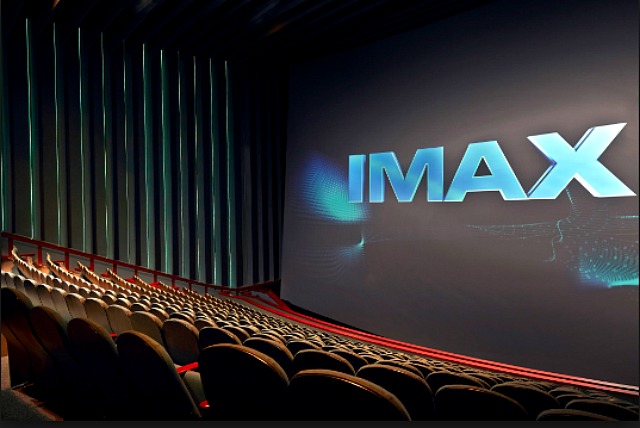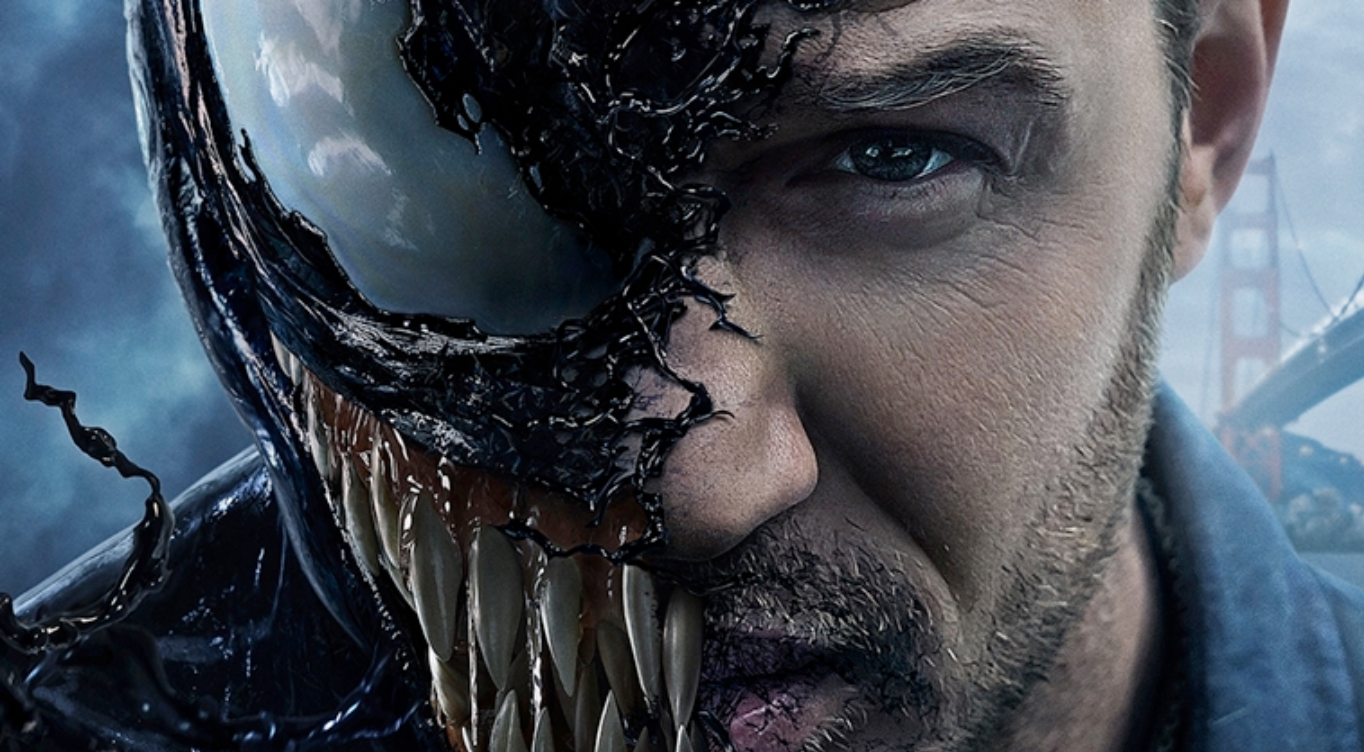I’ve never seen Dennis Hooper‘s The Last Movie, which has been commonly regarded for decades as a legendary artistic embarassment and financial catastrophe, not to mention the film that killed Hopper’s directing career for over a decade. And yet it’s playing for a week at the Metrograph, starting tomorrow. And I’m asking myself “how many opportunities am I likely to have in the coming years to see this infamous creation in an allegedly restored condition on a first-rate theatre screen?” The answer may be “never again,” and so I’m tempted to catch a late afternoon show.
This is partly due to a near-breathless Village Voice review by Bilge Ebiri, titled “Dennis Hopper’s The Last Movie Is as Essential as Cinema Gets.” He calls it “one of the great lost films of the ’70s,” a statement that deftly sidesteps whether or not it’s any good.
He also says that The Last Movie “benefits from multiple viewings the way 2001: A Space Odyssey or Eraserhead or The New World do; you catch through-lines and details you’d missed earlier, while also developing new mini-fascinations and obsessions. It’s the rare film that seems both clearer and completely different with each viewing. The representational fissures of cinema — the tension between the real and the imaginary, between imitation and inspiration — have been woven into its very fabric.”
Toward the end of the review Ebiri calls The Last Movie Hopper’s “greatest ruin and his greatest triumph,” and says that it leads the viewer to “ask whether anyone but Hopper, the veteran character actor who became an unlikely counterculture figure after Easy Rider, could have made this film. And could The Last Movie have had any other fate than to [send Hopper] off to wander the winds of infamy, a man become a myth, and a myth become a man?”
See what I mean? Ebiri’s prose quickens the pulse. How bad could The Last Movie be? It has to be worth at least one viewing, right?
Then I came upon a sentence that gave me pause: “There is an excellent documentary about this chaotic, destructive period in Hopper’s life, called American Dreamer, which is also a lost classic.” Uhm, no…wrong. I saw American Dreamer back in 2010 and here’s a portion of my review, which I titled “American Boob“: “I was stunned by the doc’s shapeless sloppiness, and amused and repelled by its portrait of Hopper as a bearded, drug-fried horndog on the verge of destroying his directing career with the abomination that was The Last Movie.

